.
Nikolaos Gyzis (Greek: Νικόλαος Γύζης, pronounced [ˈʝizis]; 1 March 1842 – 4 January 1901) was considered one of Greece's most important 19th-century painters. He was most famous for his work Eros and the Painter, his first genre painting. It was auctioned in May 2006 at Bonhams in London, being last exhibited in Greece in 1928. He was the major representative of the so-called "Munich School", the major 19th-century Greek art movement.
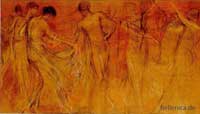
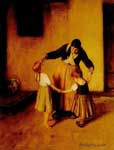
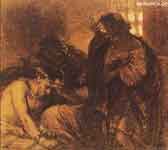

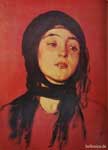
Dance of the Muses, Grandmother dancing with her Grandchildren, Joseph in jail, Joy, Wishbone,
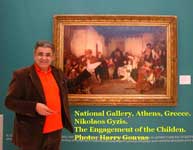
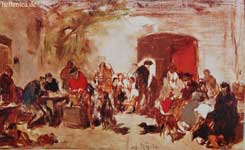
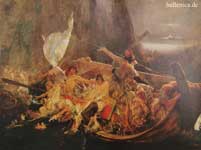
The Engagement of the Childen, Examination of Dogs, After the Destruction of Psara,
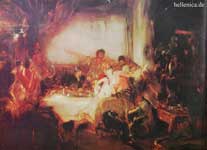
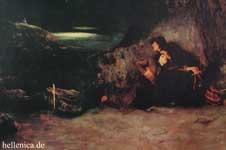
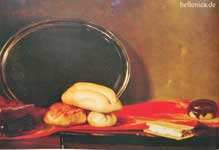
Carnival in Athens, The Vow, Breads,
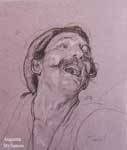
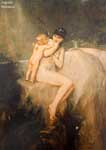
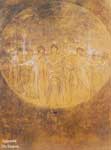
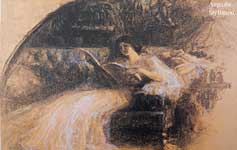
Study, Carnival in Athens, Nymph and Eros, The New Age, Learning by heart,
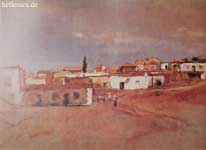
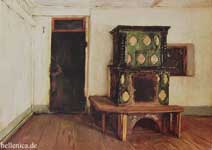
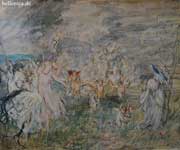
Houses in Megara, Room in Tyrol , Vernal Symphony,
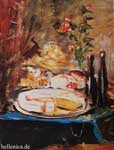
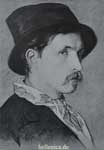
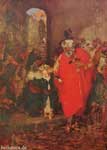
Table with cake and two bottles, Man with hat and kerchief , Forced recruiting of christian boys,
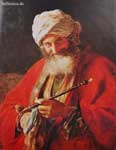
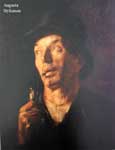
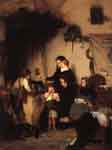
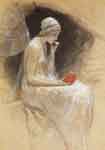
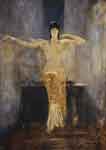
Oriental man with turban and pipe, The Smoker, The orphans, Artist's psyche, Arachne (The spider),
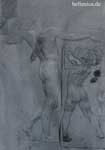
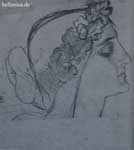

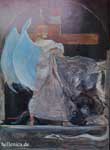
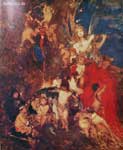
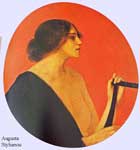
Bavaria, Bavaria, Triumph of Religion, Triumph of Religion (Study), Art and her spirits, Harmony,
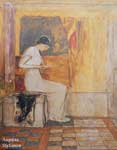
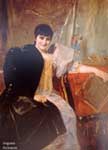
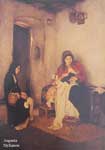
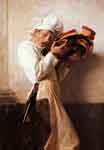
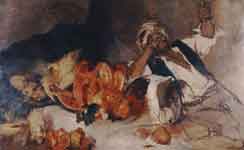
Penelope weaving the shroud, Artemis Gyzis, The step mother, Pasrty man, Middle Easterner with fruits,

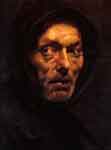
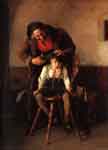
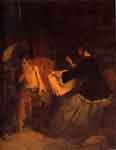

Boy with cherries, Capuchin monk, The barber, Eros and the Painter, Oriental Warrior,

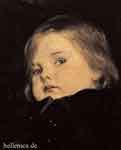
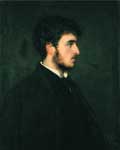
Penelope Gyzi, Young Girl, Georgios Nazos,
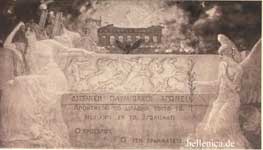
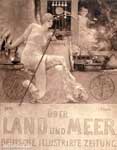
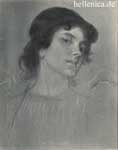
Gyzis Olympia 1896, Über Land und Meer, Portrait, Study,
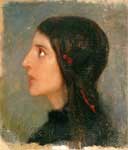
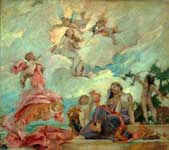
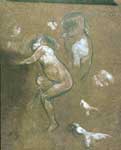

Girl profile, Αllegory, Studies for nude child, Lantern,
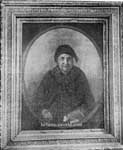
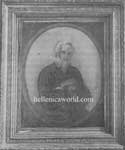
The Mother of I. Platis , The Father of I. Platis,
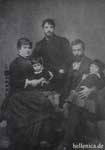
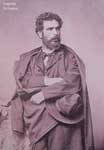
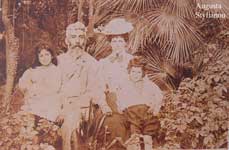

Nikolaos Gyzis with his family in Munich, Nikolaos Gyzis , Nikolaos Gyzis, Nikolaos Gyzis,
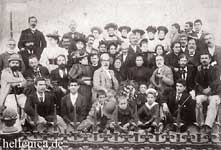
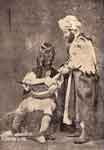
Nikolaos Gyzis and Nikiforos Lytras, Lytras and Gyzis in oriental dress,
Life
Gyzis was born in the island of Tinos, which has a long artistic history. As his family settled in Athens in 1850, he soon embarked on a study at the Athens School of Fine Arts. His studies there, formed the foundation of his artistic education and helped him to develop his natural skill in painting.
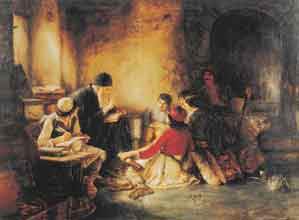
Nikolaos Gyzis, The Secret School, 1885/6 Emfietzoglou Collection, Athens
In 1865, having won a scholarship, he went to continue his studies at the Academy of Fine Arts, Munich, where he settled for the rest of his life. He was very soon incorporated into the German pictorial climate, and became one of its most characteristic representatives of the Greek artistic movement of the Munich School. This is expressed in the painting News of Victory of 1871, which deals with the Franco-Prussian War, and the painting Apotheosis i Thriamvos tis Vavarias (Apotheosis or Triumph of Bavaria).
From 1886 onward he was professor at the Academy of Munich, and gradually turned from the detailed realistic depictions towards compositions of a singularly impressionistic character. His students included Anna May-Rychter[1]
At the beginning of the 1870s returned to Greece for a period of several years, after which he produced a sequence paintings with more avowedly Greek themes, such as the Carnival at Athens and the Arravoniasmata (Engagement Ceremony) and a little later the painting After the destruction of Psara. Towards the end of his life, in the 1890s, he took a turn toward more religious themes, with his best known work of the later period being Triumph of Religion.[2] His works are today exhibited at museums and private collections in Greece, Germany and elsewhere.
Gysis' painting The Secret School was depicted on the reverse of the Greek 200 drachmas banknote of 1996-2001.[3]
Artist
A - B - C - D - E - F - G - H - I - J - K - L - M -
N - O - P - Q - R - S - T - U - V - W - X - Y - Z
| Ancient Greece
Science, Technology , Medicine , Warfare, , Biographies , Life , Cities/Places/Maps , Arts , Literature , Philosophy ,Olympics, Mythology , History , Images Medieval Greece / Byzantine Empire Science, Technology, Arts, , Warfare , Literature, Biographies, Icons, History Modern Greece Cities, Islands, Regions, Fauna/Flora ,Biographies , History , Warfare, Science/Technology, Literature, Music , Arts , Film/Actors , Sport , Fashion --- |
From Wikipedia, All text is available under the terms of the GNU Free Documentation License

